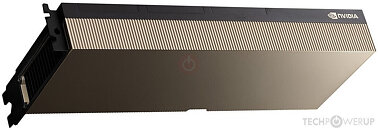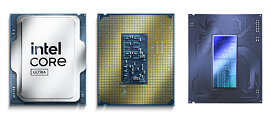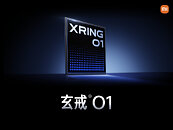
Microsoft Gaming CEO Phil Spencer Rumored to Retire Following Next-Gen Xbox Launch
Microsoft Gaming CEO Phil Spencer is reportedly planning to retire after the launch of the next-generation Xbox console, according to reports from gaming industry sources. The information reported by Insider Gaming originates from @TheGhostOfHope, a leaker with a track record for Call of Duty information. Spencer is allegedly working closely with Xbox President Sarah Bond and her team to facilitate a smooth leadership transition. Bond is expected to assume the role of Microsoft Gaming CEO following Spencer's retirement. However, no replacement for Bond's current position as Xbox President has been identified at this time.
Windows Central's Jez Corden has indicated that Spencer's retirement would occur "some time" after the next-generation Xbox launches, though no formal plan is currently in place. Industry reports suggest the next-generation Xbox hardware could arrive as early as 2026 or 2027. This report arrived during a tough time for Xbox, as Microsoft cut jobs across its gaming division affecting many Xbox studios. The company canceled several big-name projects, including Everwild, Perfect Dark, and ZeniMax Online's unannounced MMORPG. Microsoft also shut down The Initiative. Phil Spencer has been in charge of Microsoft's gaming division for more than ten years. He has overseen key efforts such as the launch of Game Pass, the purchase of Activision Blizzard, and various strategic moves that have shaped Xbox's current market standing.
Windows Central's Jez Corden has indicated that Spencer's retirement would occur "some time" after the next-generation Xbox launches, though no formal plan is currently in place. Industry reports suggest the next-generation Xbox hardware could arrive as early as 2026 or 2027. This report arrived during a tough time for Xbox, as Microsoft cut jobs across its gaming division affecting many Xbox studios. The company canceled several big-name projects, including Everwild, Perfect Dark, and ZeniMax Online's unannounced MMORPG. Microsoft also shut down The Initiative. Phil Spencer has been in charge of Microsoft's gaming division for more than ten years. He has overseen key efforts such as the launch of Game Pass, the purchase of Activision Blizzard, and various strategic moves that have shaped Xbox's current market standing.























































































